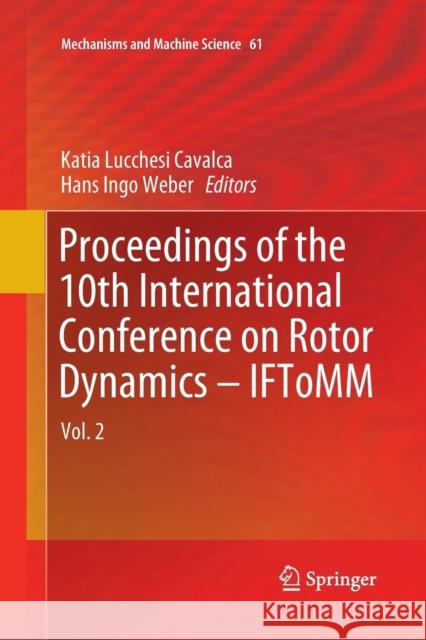Proceedings of the 10th International Conference on Rotor Dynamics - Iftomm: Vol. 2 » książka
topmenu
Proceedings of the 10th International Conference on Rotor Dynamics - Iftomm: Vol. 2
ISBN-13: 9783030075811 / Angielski / Miękka / 2018 / 576 str.
Kategorie:
Kategorie BISAC:
Wydawca:
Springer
Seria wydawnicza:
Język:
Angielski
ISBN-13:
9783030075811
Rok wydania:
2018
Dostępne języki:
Numer serii:
000408639
Ilość stron:
576
Waga:
0.81 kg
Wymiary:
23.39 x 15.6 x 3.05
Oprawa:
Miękka
Dodatkowe informacje:
Wydanie ilustrowane











